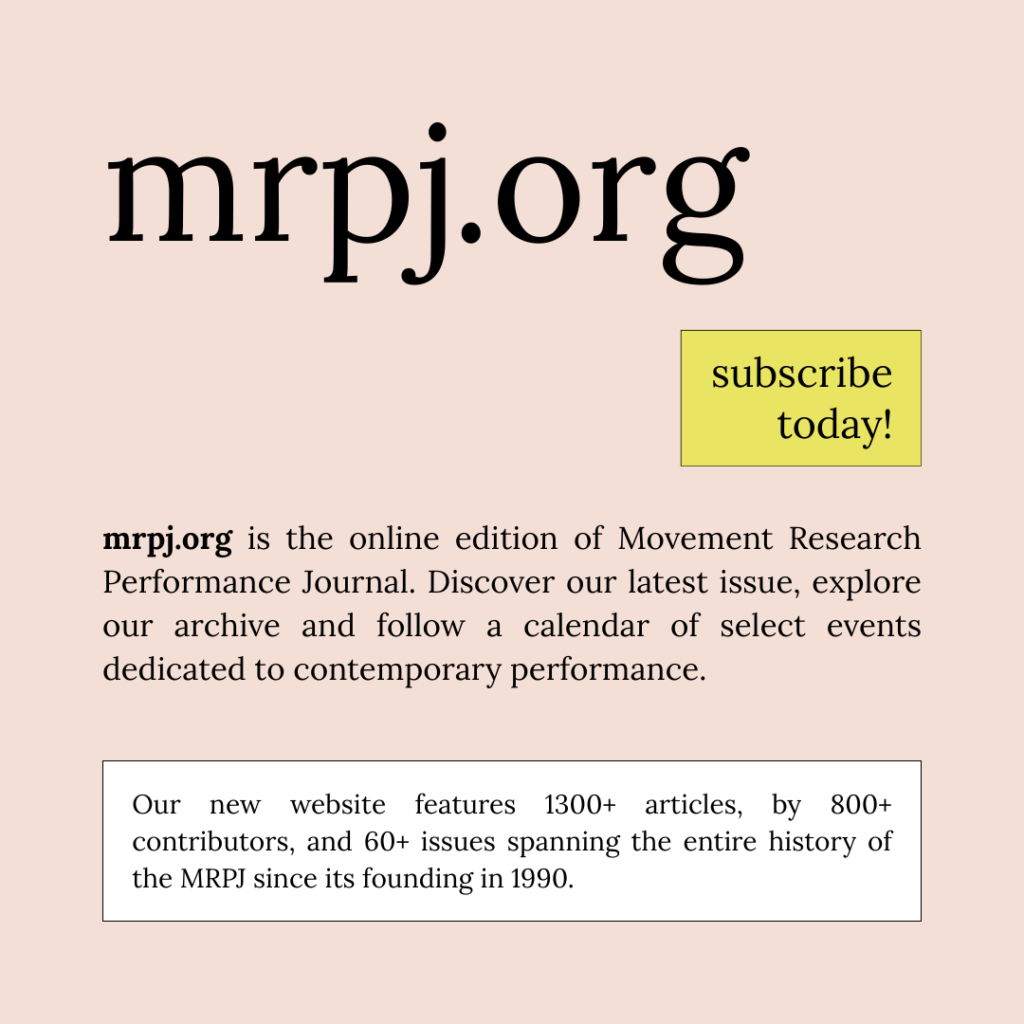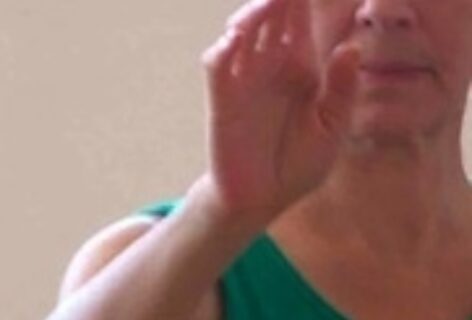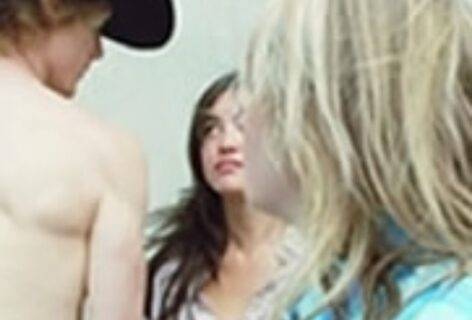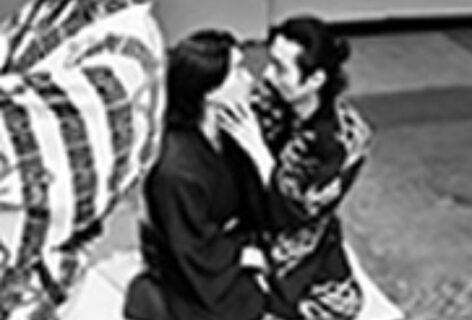MID-WINTER/SPRING 1996
The translation of cash in French, is “liquide” or “espece” (liquid or species) It’s liquid. You cannot grasp it. All the different coins! I take a long time to pay—when I have francs in my pocket. Here, cash is fast; I’m struck by the way people stick dollar bills in their hands. I noticed this in New York. You can see a lot of people with cash in their hands; it doesn’t mean they’re rich. With ten one dollar bills, you can have a stack of ten bills. The stack can be impressive easily, it topples fast. Money is very direct.
For me, money is a form of energy that challenges circulation and dynamic. In our necessities to encounter society, money is an everyday current of exchange. It is good to keep it that way. The use of money may define a way of living.
In French, there is less vocabulary than in English. The language works by organizations of phrase. English is a language based on verbs, and therefore, action. French is based on Latin, and therefore, naming. Thinking by action and thinking by naming are two completely different processes. In the first, movement is part of the thinking, in the second, you can think about movement without actually moving. Most of French dance is based on images, more than movement. This is the way I see it.
I believe very much that your environment can influence you to the point that your own behavior fits so well in material space, that you’re creating a whole inner and outer logic of being. If you’re not able to overcome it, you’re just trapped in one dimension of yourself. You must inquire about the intrinsic organization inside you. I have a split mind. One apprehends the body through the use of myself through the body in action, and the other apprehends space by making structures like an architect. What is the experience of the body in a certain type of architecture? The use of architecture gave me a way to “syntax” my movement. Working with architecture makes me think of interweaving the French word: habiter, to inhabit (a place or a person,) and etre habite: to be inhabited (by a place or a person.) In researching material to work with, I play with the different perceptions or nuances between “active” and “passive.” I inhabit this house, or, this house is inhabited by so and so, or, I’m inhabited by this place. As a project, I would stay in a chosen place with different kinds of professionals for a few weeks, and experience all kinds of ways to inhabit or be inhabited by, using the space as a musical score to be embodied and transcribed as a choreographic process. Photos, films, texts, drawings, made objects, and performances would be shown as a manifestation of our experiences. It is also interesting to note that habit is contained in habitat. In the gathering of people working on projects of this kind, I invite scientists, visual artists, poets, architects, musicians, actors, directors, choreographers, and dancers to collaborate and experiment. Their different points of view are all realities that stimulate my work.
The challenge of experimenting with all these aspects of being and making, is to merge the process of your work in some connection necessary enough to generate energy and movement around you. I believe very strongly that we are making our own culture.
Money becomes energy when you are able to generate it in your own way. You have to find the means to satisfy your necessities. It’s very exciting. You’re seeking new means. It’s dynamic. It’s existing, and necessary. Money pushes me to merge the “processing” aspect of my creativity and sensitivity with the “product” aspect. I would like very much to get to the point of being as artistic in the producing aspect as the artistic aspect. I’m working on that. For me it’s a question of balance. A really thin thread. I never thought money was to come to me. This is why I left Paris. I knew I’d never get the money to live there. It’s not a question of recognition. It’s a question of how do you want to live!
I prefer to live in this culture. Having a community around you that stimulates your work is the most important thing for me, fulfilling a vital need. It is true that France gives value to French culture, and that there is more money for the arts, but you have to be aligned with the system. In order to get attention from the very centralized power of the Culture Ministry, there are all kinds of conventions you have to fit. This didn’t agree with my way of proceeding. My need is to share my work with my community. Money by itself cannot provide that. A system in the hand of bureaucrats doesn’t provide for vital needs. I chose to be in a culture where there is no money, but where I can exchange my experience with other individuals. In New York, everybody has to find out her or his own way of doing the things she needs to do. In France I always had the feeling that in order to exist, I had to make power games with institutions; as an individual, seduce the government. So many choreographers in France have gotten a lot of money, but as soon as money didn’t mean money to them any more, but “the means to create, “ they became really lost. The fact that it’s one structure is very dangerous. Even “succeeding” often means the nature of the work cannot be “seen.” Substructure is very important. Here, that is where the work comes from. The use of money may define a way of living.
In German, Mark mean marrow!





